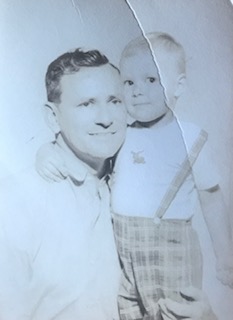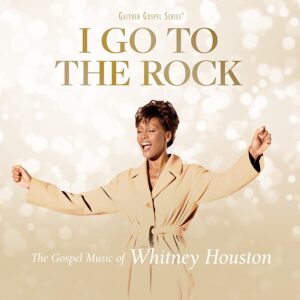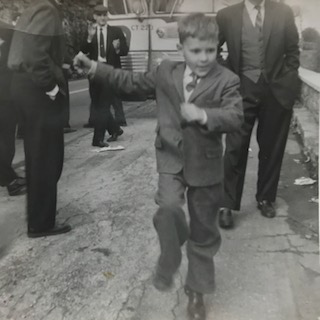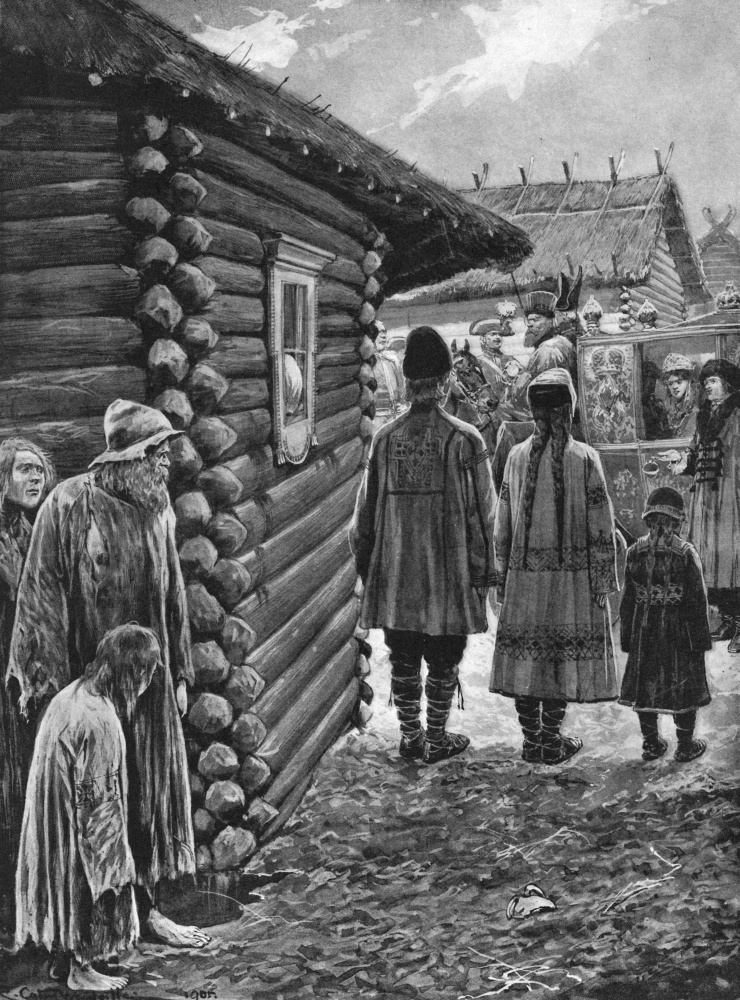A Family Tradition
In 1976 a small group of friends that included my parents wanted to celebrate the two hundredth anniversary of our nation. What started out as a small block party on Whitland Ave in Nashville, Tennessee grew into a major event with a few thousand in attendance each year who gathered to enjoy a parade, music, potluck, and a special program honoring our collective experiences in what it meant to be an American.
Each year the program included a featured moment. Two stand out in my memory. Due to poor health, a Navajo Code Talker who lived in middle Tennessee was unable to attend a ceremony in Washington D.C. to receive the Congressional Gold Medal, so he was brought to the Whitland Ave celebration. He sat in his wheelchair surrounded by his family and members of his native tribe while an official military delegate spoke of his heroism and awarded him his medal. But then members of his tribe began a rhythmic beating on their drums and a Navajo dancer came out from behind the crowd in full tribal dress and danced a warrior’s dance in honor of this brave veteran.
Another year a Federal Immigration Judge spoke of the many reasons people give for wanting to become an American citizen. After his speech he turned to a group of about thirty people seated in a special section off to the side of the podium and led them in the Oath of Allegiance. This is the final step of naturalization in becoming a citizen. It was so moving to hear a dozen or more international accents repeating the words of the Oath that has been spoken by every new citizen since the eighteenth century.
Over the years, the program also included my sister, Nan Gurley, who lead the crowd in singing patriotic songs. But regardless of the variety there was one moment in the program that never changed: my father would read from the Declaration of Independence while some of Nashville’s finest musicians played Aaron Copeland’s “Ode to the Common Man.”
When Dad departed this life, the mantle was passed to me. I still wear the shirt he wore, read the same words he read, and experience the same thrill he experienced each year. I could not be prouder of my parents, Bud and Bernie Arnold, and this great tradition they left their family and the community they loved.











